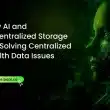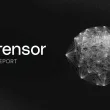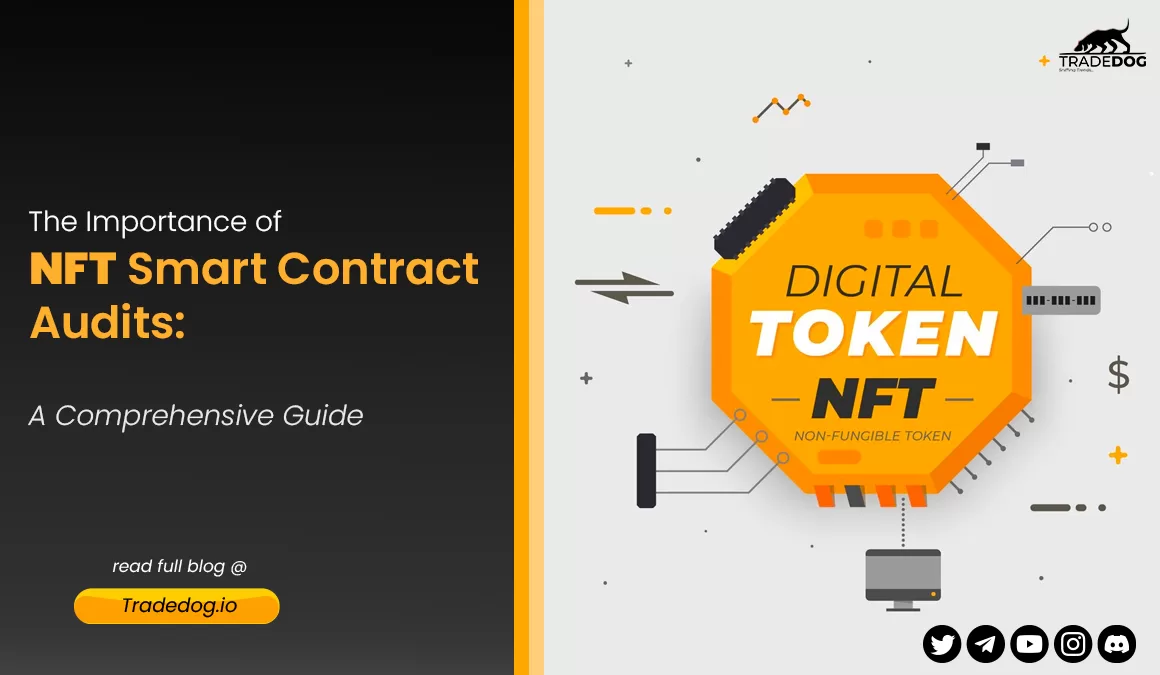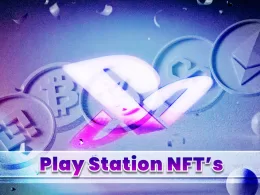Quick Links
Introduction
NFTs, or Non-Fungible Tokens, are one of the most popular digital assets that have emerged in Web 3.0. With their emerging utility-driven nature, they are evolving from static collectible items to a more comprehensive tool unlocking new experiences for its holders in various web 3.0 platforms.
What makes each NFT unique in its applicability is the smart contract. Other than tracking these unique and non-replaceable digital assets also allows users to create, identify, own, manage, and exchange these items with no disruptions or interference from any centralized authority.
The utilities can also be embedded in the smart contract to allow these NFTs to be utilized in multiple ways, increasing their overall use cases and appeal.
What is a Smart Contract audit?
A smart contract audit involves a specialized team looking for bugs in the code of a smart contract, analyzing areas that hackers could manipulate, or examining code that violates standard conventions. While smart contract audits are frequently associated with security, they can also help diagnose areas of your application that can be made more efficient.
A smart contract security audit can be a lifesaver, protecting your smart contracts from critical vulnerabilities that can quickly become calamitous when considering the implications of self-executing code and immutable transactions, whether you are a newcomer to the NFT ecosystem or an experienced team that needs a fresh set of eyes.
NFT Security risks and vulnerabilities
When users buy non-fungible tokens (NFTs), they purchase a unique identifier linked to the Interplanetary File System stored by the marketplace. Many risks come with centralized storage, such as losing access to your ERC-721 token if the marketplace suffers a security breach or decides to exit the market.
Smart contract flaws in NFTs can also cause security issues. DoS attacks, reentrancy attacks, and front-running are examples of these. Furthermore, the lack of adequate identity verification in the industry has resulted in the sale of counterfeit artwork.
Some of the most prevalent risks in the world of NFTs are:
Rug Pulls
Rug pulls happen frequently: Scam projects like AniMoon, Frosties, Boren Bunnty, and Big Daddy Ape Club swelled in 2022. These frauds resulted in the theft of millions of dollars. The majority of the time, founders steal the assets of users. Rug pulls cause unintended losses even though they are not technically hacks.
Marketplace Risks
When you buy and store digital artwork through a marketplace, you entrust NFT security to a third party. Malicious actors use security flaws in NFT Marketplaces to steal funds or gain unauthorized access to your assets. OpenSea low-price exploit, Full Send Metacarrd security breach, and Lympo hot wallet security breach are a few examples.
Vulnerabilities of the smart contract
NFTs deployed on Ethereum adhere to the ERC-721, ERC-998, and ERC-875 smart contract standards. Other blockchain networks accept these standards: BEP-721 is used by BNB Smart Chain, while Tron uses TRC-721.
The issue with smart contracts is that they have unintended vulnerabilities. Because contracts are public, hackers can thoroughly examine them and exploit them to steal tokens.
Vulnerabilities are flaws in high-level programming languages such as Solidity, Vyper, or Rust. A smart contract is executed in a virtual environment, such as EVM, which compiles the input from these programming languages into low-level bytecode. Any error in your Solidity code will cause the entire contract to behave erratically and crash, causing huge losses. Hence, audits become necessary to address these issues.
Social Engineering – Stealing Private Key
Hackers use every trick in the book to obtain users’ private keys. People tend to underestimate the dangers of phishing, which is a mistake. Often, phishing is aided by inadequate access control or faulty third-party apps. Users are particularly vulnerable to phishing attacks during NFT airdrop announcements.
Importance of Smart Contract audits for an NFT project
Crypto projects need to conduct NFT audits, just like they do for any other token, to minimize the risk of hackers stealing them. An NFT audit involves a comprehensive code review that verifies the technical integrity and security of the token, smart contract, and NFT trading platform, which helps in mitigating potential cyber threats.
Smart contract auditing enables a project to identify any areas in the code that may allow for manipulation, resulting in a tarnished reputation or asset loss. By removing errors and optimizing code, crypto auditing can improve efficiency and performance.
Auditors test the code for denial of service attacks, gas limit issues, reentrancy attacks, insecure random number generation, overflows, underflows, and logic flaws during the smart contract audit process. Smart contract auditors conduct a thorough vulnerability analysis, assigning severity levels to all security vulnerabilities. As a result, the final audit report is a straightforward call to action on what issues need to be addressed.
Conclusion
Smart contract flaws and social engineering can be used to steal NFTs. Vulnerabilities can allow NFTs to be mounted without consent. Social engineering tricks can convince users to send them to malicious addresses.
Smart contract auditors can help protect NFTs by conducting regular security assessments and recommending improvements. To reduce the risk of NFT hacks, users must stay informed about the latest security threats and take proactive steps to secure their NFTs.
With the rise in popularity of blockchain and decentralization amongst the masses, it is seen that as the evangelists of web3.0 move towards enabling mass adoption, some scammers and hackers try to gain benefits from the inexperienced new users or projects, hence creating even more need for NFT Smart Contract audits as we evolve in this new era of web3.0.









